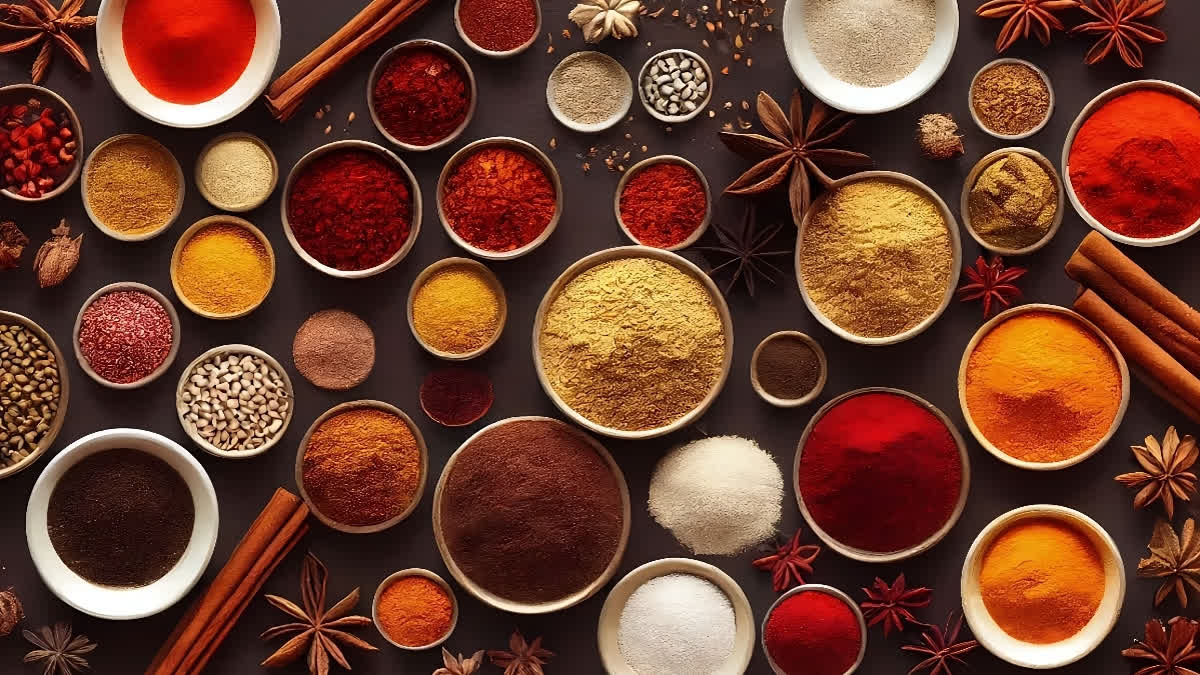Hyderabad: We've been hearing from the elders since childhood that we should not drink water after eating certain foods, or certain vegetables are supposed to be made with only curd, some ingredients should not be cooked with curd or milk, or certain types of vegetables and food items should not be consumed together, or it may be harmful to your health.
According to Ayurveda, a certain diet benefits your health only when it is consumed according to its rules and in the right combination. Ayurveda believes that the consumption of incompatible foods, or such food items which should not be eaten together due to adverse effects, their nature and quality, season or other factors can cause many diseases and problems.
Surendra Vaidya, a naturopath from Haridwar, many rules have been provided to eat according to the weather and environment, the nature of the body, the effects of food and the health of the person. These rules were created with the aim that a person gets proper nutrition and benefits from the diet, their body remains healthy and disease-free, and the side effects of a diet can be avoided.
According to Ayurveda, consuming incompatible foods can cause more damage to the body. Surendra explains that in Ayurveda, the nature, qualities, defects and effects of each diet are considered different. Based on various factors such as region, season, and the nature of the body, these rules have been provided in Ayurveda for following a diet.
Certain food items benefit naturally if eaten as it is, or in combination with other food items. Such food items enhance each other's nutritional value, ease the absorption of nutrition, and sometimes also have medicinal effects on the body, making us healthy. On the other hand, foods of opposing natures, if consumed together, cut off each other's nutritional value, and have adverse or poisonous effects on our body. Such diets can also hinder the metabolism of the body after the absorption of nutrition from these foods and the energy received from these foods can be unbalanced.
Also read: Sedentary lifestyle causes problems for muscles
He explains that people have been consuming improper food regularly, which causes various problems in the body, including the accumulation of toxins in the body. Consumption of incompatible foods increases problems such as digestive problems, difficulty in passing stool, food poisoning, diabetes, piles, impotence, accumulation of water in the stomach, fistula, leprosy, white spots, and tuberculosis.
Surendra explains that in our traditional Indian cuisine, generally, most of the food items are cooked and served based on the right match. But in the last few years, people have started paying more attention to taste rather than health, in an attempt to mix Indian flavours with the cuisines of other countries and experimental cooking. Nowadays, in the diet served in the name of a fusion diet, food ingredients of opposing natures are used many times.
Consuming such foods can also be considered one of the factors responsible for the increase in the cases of digestive problems and other issues in people. Therefore, it is essential to gather information on foods that should be avoided from consuming together. He says that though the list of Incompatible Foods is very long some of them are as follows:
- Eating Raita and Kheer together.
- Eating curd, fish, radish/radish leaves, lemon, raw salad, tamarind, melon, vine fruit, berries, pomegranate or Urad, etc, along with milk.
- Eating oranges, pineapple, etc, with curd.
- Eating jackfruit, curd, lemon, sour fruits, Sattu, and alcohol with kheer.
- Consuming oil with honey, grapes, radish, and hot water.
- Consuming ghee, oil, watermelon, groundnut, guava, cucumber, pine nuts, etc, with cold water.
- Consuming garlic, curd, milk, radish leaves, water, etc, along with melon.
- Vinegar with rice.
- Radish with Urad dal.
- Whey with Banana, etc.
Surendra explains that whether the diet is indigenous or foreign, as far as possible, it should be consumed after having its complete understanding. Especially people whose digestive system is already weak, or who have problems with Vata or Pitta, should avoid consuming such diets.



